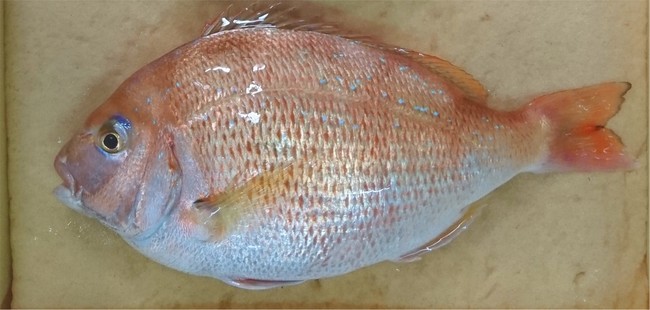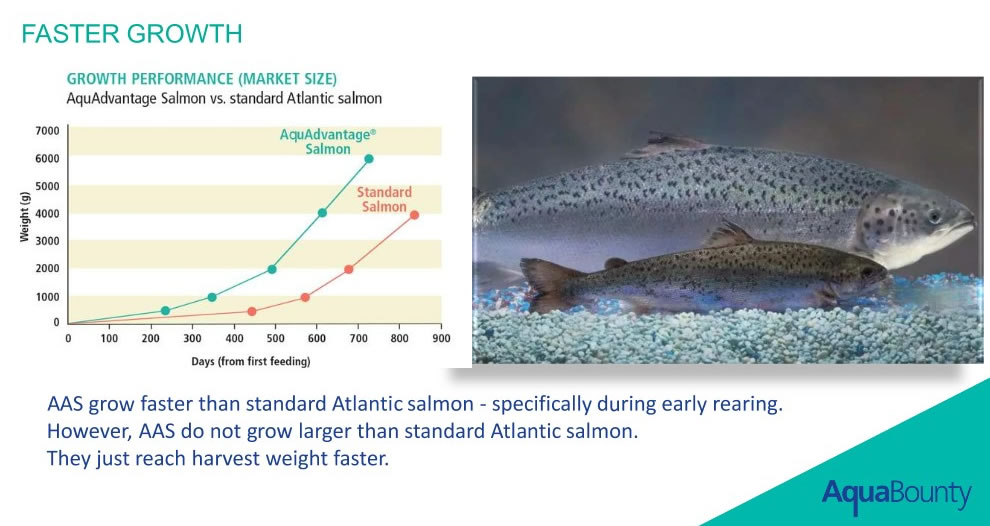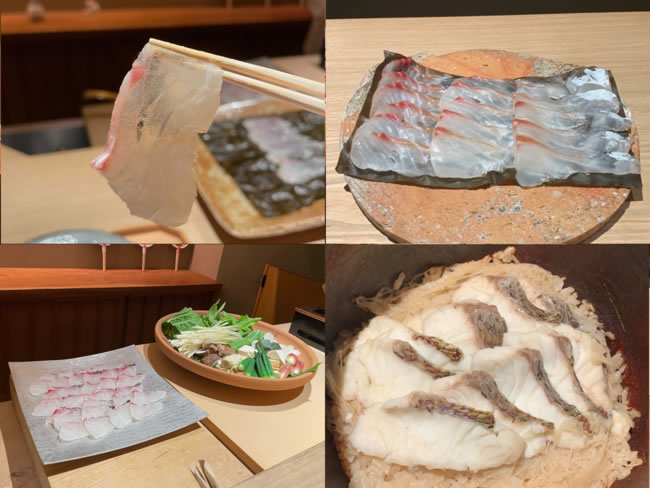World’s first gene edited fish now on the market
An initiative is underway to make sea bream-a popular sushi ingredient-an efficiently sustainable food.

A Japanese university research-led technology start-up uses “genome editing” technology to develop red sea bream with up to 1.6 times more edible parts. And it has begun selling the fish.
Regional Fish Institute, Ltd. is a start-up company founded by professors from Kyoto University and Kindai University, based on the seeds of their joint research.
The increased edible portion of the red sea bream has been notified to the Ministry of Health, Labour and Welfare (MHLW) and the Ministry of Agriculture, Forestry and Fisheries (MAFF) of Japan. It is the world’s first genome-edited aquatic food product to be put on the market after completing the national application process.
The red sea bream uses a genome-editing technology called CRISPR-Cas9, which cuts like a pair of scissors to pinpoint specific genome locations. The two developers of this tech, a French and an American, won the Nobel Prize in Chemistry in 2020.

Another famous example of a fish species genetically modified for food is the American ‘AquAdvantage salmon’. In this case, Atlantic salmon were genetically modified with the growth hormone gene of king salmon, making farming the fish much quicker with less fish feed.
Scientists say that there is a clear difference between the AquAdvantage and this red sea bream. The AquaAdvantage is a genetically modified organism (GMO), meaning that the fish is not a creature that would exist in nature. Therefore, they have become genetically infertile to ensure that they cannot procreate with normal salmon even if they escape from the farm.
In the case of this red sea bream, the original genes are partly altered, similar to the “selective breeding” process. In short, this is possible by shortening the mutation evolution process that occurs in nature over many generations of breeding.

Various countries are engaging in developing genome-editing products, including Indonesia. According to the Indonesia Biosafety Clearing House, some countries categorized genome-edited products as non-GMOs or strictly regulated GMOs.
Genome-editing is making a small-controlled change to the original DNA, while genetically modified (GM) combines new-foreign genes into the original DNA.
From Islamic perspectives, research about genome-editing conducted on humans is many. But research on genome-edited food is close to none compared to GM food.
Human genome editing is allowed in Islam for medical or research purposes to achieve benefits compliant with Islamic law. Making sure it is safe and efficient without causing any harm to the person and their lineage. In the case of GM food, what we must consider for halal-ness are the foreign gene source and the safety for consumption.
When we look at genome-edited food from the above, it could be allowed if it is proven safe and causes no harm to human health. With new technologies keep emerging as time progress, more research of these kinds of technology from Islamic perspectives will surely be needed.
This genome editing of sea bream has been verified by the MHLW and MAFF as:
(1) not genetically modified, but a change that can happen in nature
(2) as a food, it is as safe as conventional food
(3) it has no negative impact on biodiversity
There are high hopes that this will be one step towards a solution to the world’s protein deficiency.
Reference:
FGD on Regulation of Genome Editing Products in Indonesia / Indonesia Biosafety Clearing House
Islamic Ethical Perspectives on Human Genome Editing (by Mohammed Ghaly) / ARIZONA STATE UNIVERSITY
We have a network of Japanese companies keen to expand into the Halal market in Malaysia & Indonesia.
If you are interested in connecting with sustainable technology companies in Japan, simply JOIN the network from below. We will match the right one for you!




